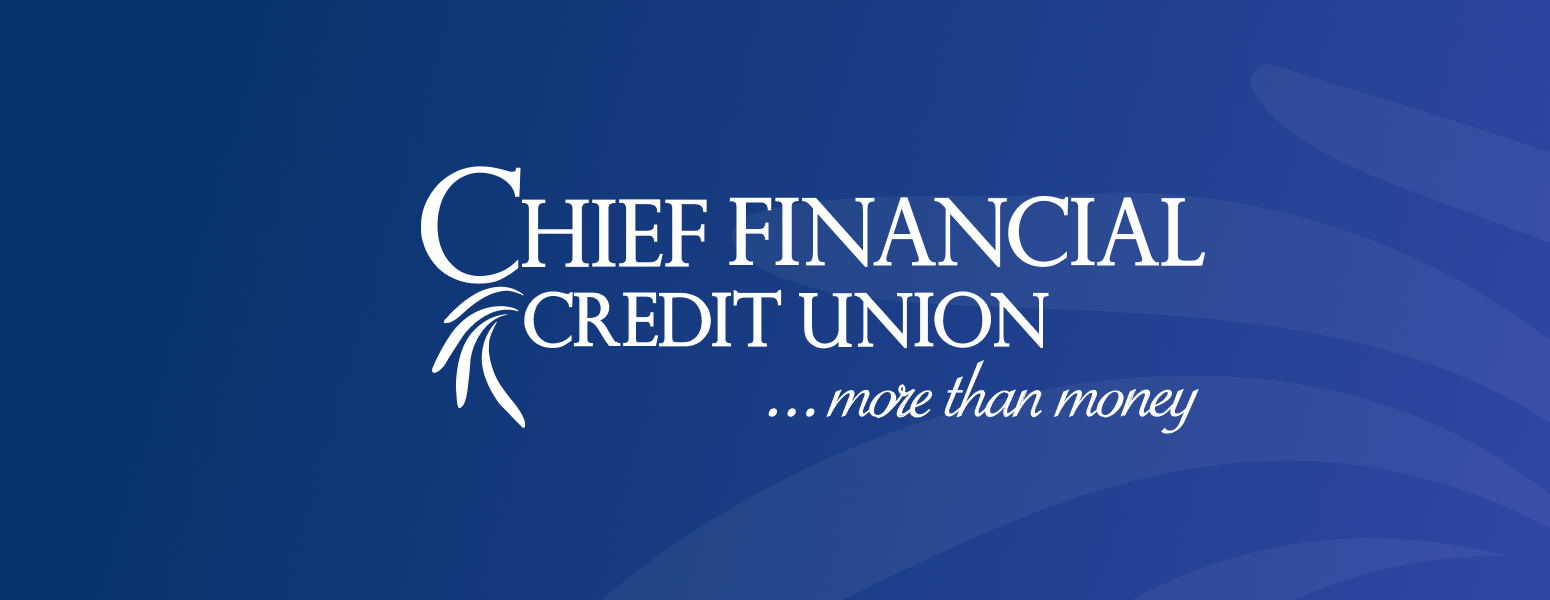At Chief Financial Credit Union, we’re committed to keeping our community informed about potential financial threats. Today, we’re sharing Tom’s story—a fictional but all-too-common scenario that illustrates how scammers use the allure of prizes or easy money to trick unsuspecting victims. Remember, if you ever find yourself in a similar situation, it’s not your fault. Scammers are increasingly sophisticated, but knowledge is your best defense.
Tom’s Tale: The Prize That Came with a Price
Tom, a retired teacher in his 60s, was enjoying a quiet afternoon when his email pinged. The subject line read: “CONGRATULATIONS! You’ve Won Our Grand Prize!”
Curious, Tom opened the email:
“Dear Thomas,
We are thrilled to inform you that you’ve won our International Sweepstakes Grand Prize of $5,000,000! To claim your winnings, please send $5,000 for processing fees and taxes. Time is of the essence—respond within 48 hours to secure your prize.
Congratulations again!
Global Prize Association”
Tom was ecstatic. He didn’t remember entering any sweepstakes, but who cares? He was a millionaire! He immediately called the number provided.
The person who answered was friendly and congratulatory. They explained that once Tom wired the $5,000 fee, his millions would be released. Tom, caught up in the excitement, was about to head to the bank when his daughter stopped by.
Sensing something was off, she insisted on looking into the email. A quick internet search revealed multiple warnings about similar scams. Tom had narrowly avoided losing $5,000 to criminals.
Unmasking the Scam
Let’s break down the tactics used in this “prize scam”:
- Unsolicited Contact: The scam began with an unexpected email claiming a big win.
- Too Good to Be True: A massive prize for a contest Tom didn’t remember entering should have been a red flag.
- Urgency: The scammers pressured Tom to act quickly, hoping to prevent him from thinking it through.
- Advance Fee: Legitimate contests never require winners to pay fees upfront.
Variations on the Theme
This type of scam comes in many forms:
- Lottery Scams: Claims of lottery winnings, often from foreign countries.
- Investment Schemes: Promises of incredible returns on “can’t-lose” investments.
- Loan Offers: No-questions-asked loans for those with poor credit, requiring an upfront fee.
In all cases, the end result is the same: the victim loses money, and the promised prize or opportunity never materializes.
Protecting Yourself: Key Takeaways
- Be Skeptical: If it sounds too good to be true, it probably is.
- Do Your Research: Before engaging, look up the organization or offer online.
- Never Pay to Win: Legitimate prizes don’t require upfront fees.
- Consult Others: If unsure, talk to a trusted friend, family member, or your financial institution.
What to Do If You’ve Been Scammed
If you think you’ve fallen victim to a prize scam:
- Don’t be embarrassed—these scams are designed to be convincing.
- Report the incident to your local authorities and the FTC.
- If you shared any financial information, contact your bank or credit card company immediately.
- Keep all records of your communication with the scammers.
At Chief Financial Credit Union, we’re here to help. If you ever have doubts about an offer or prize, please reach out to us. We can help you verify its legitimacy and protect your hard-earned money.
Remember, true financial opportunities don’t come out of the blue or require upfront payments. Stay vigilant, trust your instincts, and let’s work together to keep our community’s finances safe and sound.
